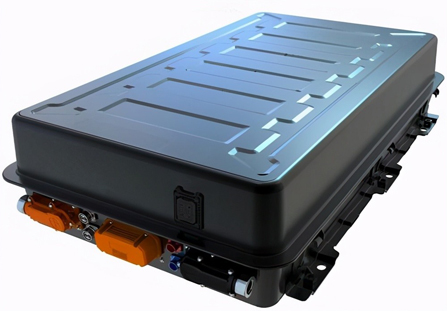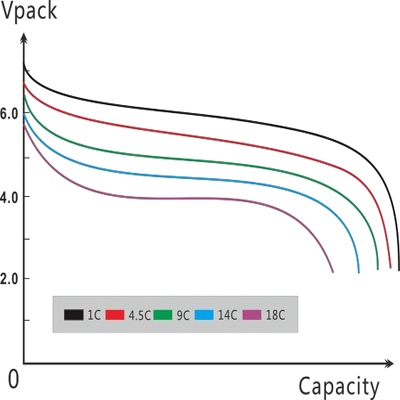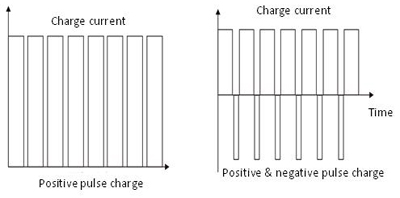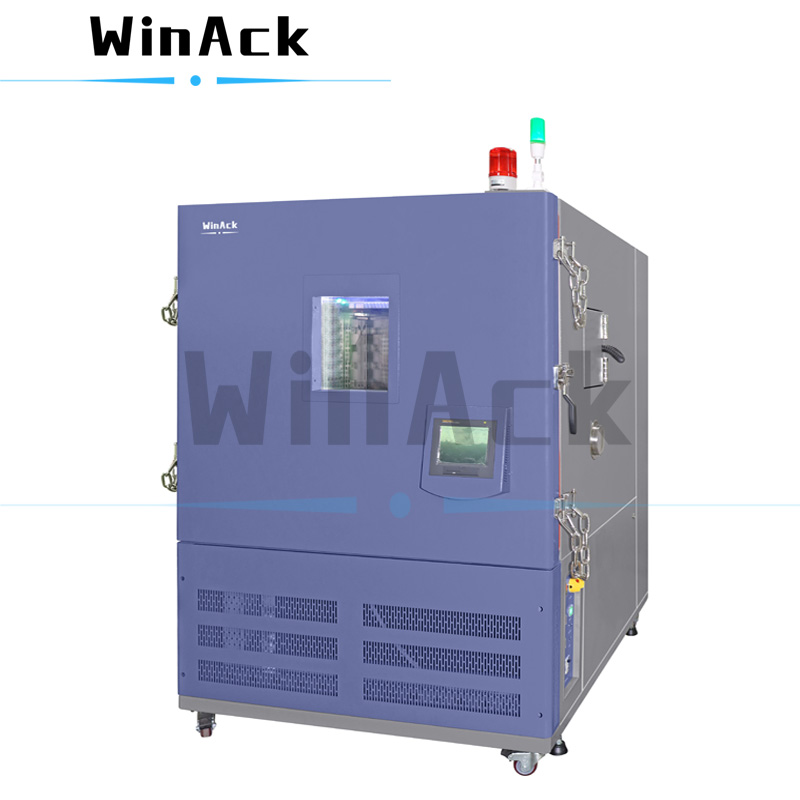 System Function Testing of EV Batteries | EV Battery Testing
Oct 27 , 2022
System Function Testing of EV Batteries | EV Battery Testing
Oct 27 , 2022
 EV Battery Capacity and Energy Testing | EV Battery Testing
Nov 01 , 2022
EV Battery Capacity and Energy Testing | EV Battery Testing
Nov 01 , 2022
 EV Battery Power and Internal Resistance Testing | EV Battery Testing
Nov 08 , 2022
EV Battery Power and Internal Resistance Testing | EV Battery Testing
Nov 08 , 2022
 EV Battery Energy Efficiency Testing | EV Battery Testing
Nov 21 , 2022
EV Battery Energy Efficiency Testing | EV Battery Testing
Nov 21 , 2022
A total of 1 pages